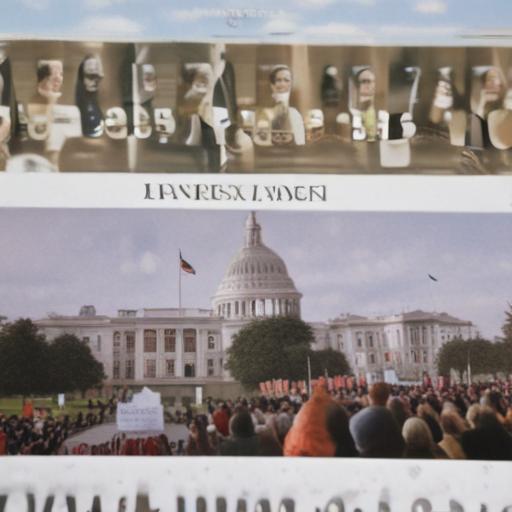Health Secretary Robert F. Kennedy Jr. faced a rigorous day of questioning during two Capitol Hill hearings on May 14 regarding proposed cuts to the Department of Health and Human Services (HHS). His testimony spanned contentious topics including vaccines, abortion access, lead poisoning, and mental health.
Kennedy, a former environmental lawyer, began his day presenting to the House Appropriations Committee, before moving on to the Senate Health, Education, Labor and Pensions Committee in the afternoon. Throughout both sessions, he faced sharp scrutiny, particularly from Democratic lawmakers who challenged his controversial views on vaccines and other public health issues.
During the hearings, Kennedy was asked whether he would vaccinate his children if they were born today. He hesitated, initially stating “probably for measles” but stressing that his views on vaccines were irrelevant. This follows his previous statements regarding measles vaccines being “leaky,” a claim that has been challenged by medical professionals amid recent outbreaks that resulted in multiple cases and fatalities in the United States.
Additionally, Republican Rep. Mike Simpson raised concerns about the FDA’s decision to phase out ingestible fluoride supplements for children, emphasizing the dental benefits fluoride has provided over the years. Kennedy noted the necessity for continued research on such public health topics.
Kennedy described autism as an “epidemic” and announced a new voluntary database being created to improve autism research while assuring that patient privacy would be protected. The initiative was prompted by a recent partnership between the National Institutes of Health and the Centers for Medicare & Medicaid Services aimed at understanding the causes of autism spectrum disorder.
The hearings were not without interruptions, as protesters aggressively confronted Kennedy during the afternoon session, chanting phrases accusing him of neglecting critical care for people with AIDS. These protests are reflective of growing tensions regarding HHS budget cuts impacting various health programs, including those linked to vital humanitarian work.
Kennedy was also questioned about controversial cuts to agencies within HHS, particularly regarding the reductions at the CDC, with lawmakers expressing concerns about the risks posed by these changes.
Despite the intense scrutiny and protests he faced, Kennedy defended the administration’s commitment to public health and emphasized that many funding decisions were being restructured, rather than eliminated. He noted improvements in managing public health crises such as addiction, citing the significant reduction in overdose deaths attributed to measures like increasing access to naloxone.
The day’s hearings highlighted the significance of robust public health programs, especially in addressing ongoing challenges such as lead poisoning and the opioid epidemic. Many lawmakers stressed the vital role of continued funding in supporting these crucial health initiatives.
Kennedy’s defense of the proposed cuts and his controversial stances on health issues will likely continue to inspire debate as the administration navigates budget pressures and public health advocacy.
